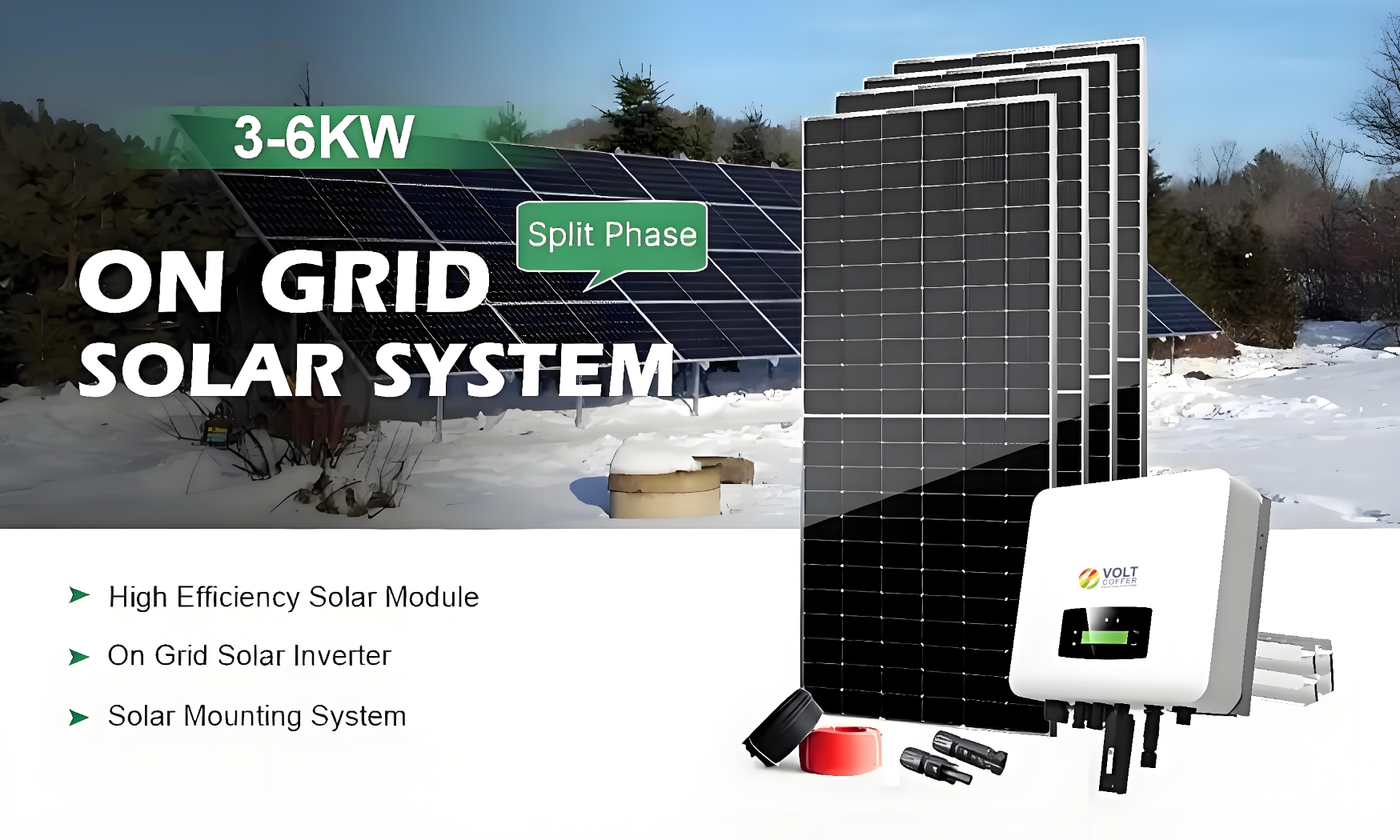As the world continues to grapple with climate change and rising energy costs, homeowners are increasingly turning to renewable energy solutions. Among these, solar energy stands out as one of the most viable and accessible options. Solar panel kits for residential use have seen remarkable advancements in recent years, making them more efficient, affordable, and easier to install. In this article, we explore the latest breakthroughs in solar kit technology that are revolutionizing home energy systems.
The Evolution of Solar Panel Kits
Solar panel kits have come a long way from their early days. Initially, they were bulky, expensive, and required professional installation. Today, modern solar kits are compact, cost-effective, and often come with plug-and-play features that make them accessible to the average homeowner. Let’s delve into the most significant advancements that have brought about this transformation.
1. High-Efficiency Solar Cells
One of the most notable breakthroughs is the development of high-efficiency solar cells. Traditional solar panels typically convert around 15-18% of sunlight into electricity. However, recent advancements have pushed this efficiency to over 22%, with some experimental models reaching as high as 25-30%. This increase in efficiency means that homeowners can generate more power from the same amount of sunlight, reducing the number of panels needed and maximizing the use of available roof space.
2. Bifacial Solar Panels
Bifacial solar panels are designed to capture sunlight from both the front and back sides of the panel. This innovative design allows them to absorb reflected light from surfaces such as rooftops, increasing overall energy generation. Bifacial panels can boost energy output by up to 30% compared to traditional single-sided panels, making them an attractive option for homeowners looking to maximize their solar investment.
3. Integrated Energy Storage Solutions
Energy storage is a critical component of any solar energy system. The latest solar kits often come with integrated battery storage solutions, enabling homeowners to store excess energy generated during the day for use at night or during cloudy periods. Advances in battery technology, such as lithium iron phosphate (LiFePO4) batteries, offer longer lifespans, faster charging times, and enhanced safety compared to older battery types.
4. Smart Inverters and Monitoring Systems
Modern solar kits are equipped with smart inverters and monitoring systems that optimize energy conversion and provide real-time data on energy production and consumption. These systems allow homeowners to track their solar energy performance, identify issues promptly, and make informed decisions about energy usage. Some advanced systems even offer integration with home automation platforms, enabling seamless energy management.
5. Modular and Expandable Designs
Flexibility is a key consideration for many homeowners when investing in solar energy. The latest solar kits often feature modular and expandable designs, allowing users to start with a small system and gradually expand it as their energy needs grow or their budget allows. This scalability makes solar energy accessible to a wider range of households, regardless of their initial investment capacity.
6. Improved Aesthetic Options
Aesthetic concerns have historically been a barrier for some homeowners considering solar panels. However, recent developments in solar technology have led to more visually appealing options. From sleek, all-black panels to solar roof tiles that blend seamlessly with traditional roofing materials, homeowners now have more choices that align with their aesthetic preferences.
Comparative Table of Top Solar Panel Kits

Below is a table comparing some of the top solar panel kits available in the market, highlighting their key features and specifications:
| Feature | Kit A | Kit B | Kit C |
|---|---|---|---|
| Efficiency | 22% | 21.5% | 23% |
| Type | Monocrystalline | Bifacial Monocrystalline | Polycrystalline |
| Energy Storage | 10 kWh LiFePO4 Battery | 8 kWh LiFePO4 Battery | 12 kWh Lithium-ion Battery |
| Inverter | 5 kW Smart Inverter | 4.5 kW Smart Inverter | 5.5 kW Smart Inverter |
| Monitoring System | Integrated with App Support | Basic Monitoring | Advanced Monitoring with AI |
| Expandability | Yes | Limited | Yes |
| Aesthetic Options | All-Black Panels | Standard Panels | Solar Roof Tiles |
| Warranty | 25 Years | 20 Years | 25 Years |
| Price Range | $10,000 – $15,000 | $8,000 – $12,000 | $12,000 – $18,000 |
Conclusion
The advancements in solar kit technology are revolutionizing the way homeowners approach energy generation. With higher efficiency, integrated storage solutions, smart monitoring, and more aesthetic options, solar energy is becoming an increasingly attractive and practical choice for residential use. As these technologies continue to evolve, we can expect even more innovative solutions that will further enhance the accessibility and effectiveness of solar energy, driving us towards a more sustainable future.
